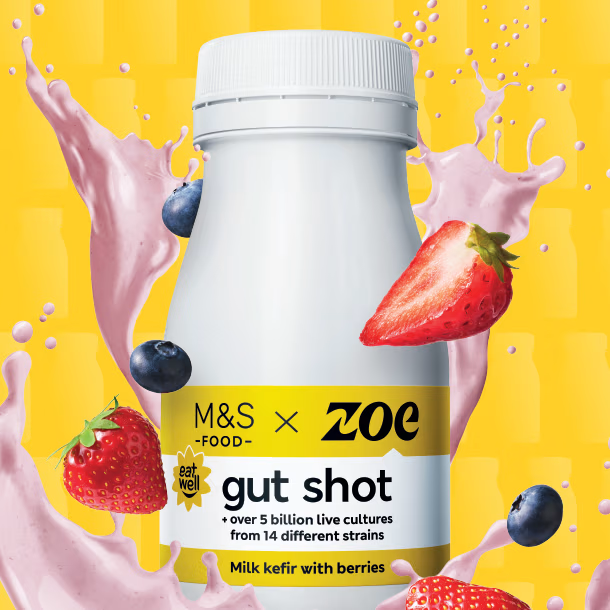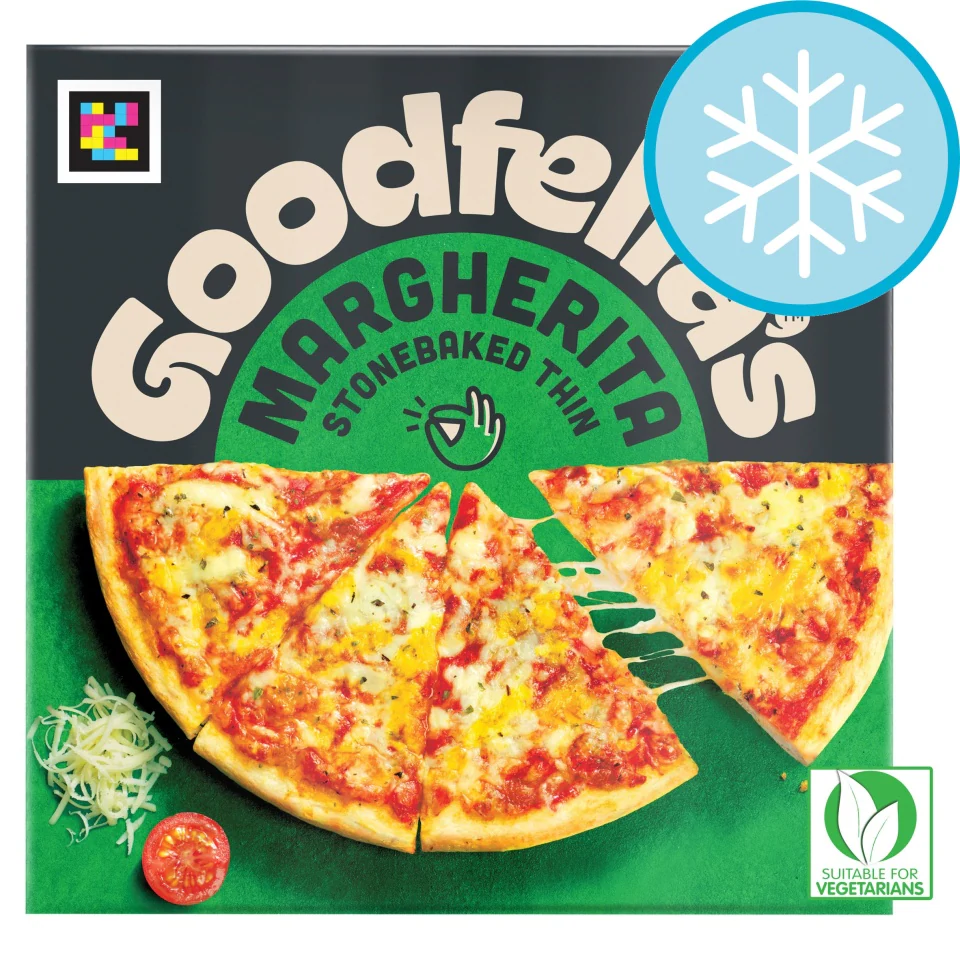The latest news, trends, analysis, interviews and podcasts from the global food and beverage industry
As 2024 comes to a close, the FoodBev Media team reflects on the year gone by and shares their thoughts and predictions for the industry in the year ahead. Join us as we explore what’s on the menu for 2025.
Louis Porcelli, marketing executive
Gut health products have seen a surge in popularity as consumers become more aware of the gut microbiome's impact on overall wellness. Probiotic-rich foods, such as yogurt, kefir, and fermented items like kimchi, are now considered dietary staples.
In early 2024, UK retailer Marks & Spencer partnered with nutrition-science company Zoe to launch a gut shot containing 5 billion live cultures and polyphenol-rich plants. Meanwhile, brands continue to innovate with prebiotics and probiotics. For example, kombucha brands like Hip Pop, Momo, and One Living are blending taste with digestive benefits.
The rise of plant-based diets is also supporting gut health through fibre-rich foods. Healthy snack brand Boundless, for instance, secured £1.5 million to expand its range of high-fibre, gut-friendly activated snacks.
Melissa Bradshaw, deputy editor and editor of The Plant Base
The demand for energy drinks is evolving. Once known for their sugary, artificially coloured beverages, today’s label-savvy consumers are now seeking health-focused options, creating a prime opportunity for brands to differentiate themselves.
Natural ingredients like ginseng, guarana, maca, and functional mushrooms are driving this ‘clean energy’ trend, with brands like Acti+, Celsius and Tenzing leading the charge. For example, UK-based Tenzing recently launched a winter wellness drink combining lion’s mane mushroom, vitamins D and C, and Himalayan-sourced electrolytes to boost mood, immunity and energy.
US brand Lucky Energy’s recent $11.75 million funding round further underscores the growing interest in better-for-you energy drinks. As we approach 2025, the energy drink category is set to transform, with natural, healthful ingredients at the forefront of innovation.
Dan Bunt, marketing director
Effective branding is crucial for food and beverage businesses to stand out in a crowded market. Whether on grocery shelves or across diverse dining options, a strong brand identity – from logo design and packaging to messaging – can make all the difference. Leading companies, including Pepsi, Young’s, Goodfellas and Impossible Foods, are refreshing their brand images to stay competitive.
Visual storytelling through social media, influencer partnerships, and personalised marketing plays a pivotal role. Brands like Surreal, Oatly and Th!s excel in this space, using personable and often humorous messaging that resonates with their audiences. Those that focus on relatability and connection are poised to overcome competition, capture market share, and build loyalty. In today’s market, effective branding is not just an advantage – it’s essential for success.
Phoebe Fraser, associate editor and editor of The Cell Base
Fat is back! The spreads and butters market is embracing healthy fats and exciting new formats, with butter reclaiming its place in kitchens. The social media trend of butterboards – platter-style presentations featuring softened butter topped with herbs, spices, and accompaniments – has played a significant role in this resurgence.
From truffle-infused and steakhouse butters to Anchor’s liquid butter format and All Things Butter’s cinnamon and chocolate varieties, brands are transforming butter into an indulgent staple that enhances the dining experience. As consumers explore new ways to incorporate butter into their meals, the market is poised for continued growth.
At the same time, there’s a shift away from seed oils, often seen as less healthy due to their refinement. This has created space for fruit and nut oils, such as Primal Kitchen’s organic avocado oil, which is prized for its omega-9 content and antioxidants, offering more natural alternatives.
Jake Targett, new business sales executive
This year has seen remarkable growth in the no- and low-alcohol beverage sector, with brands increasingly venturing into this expanding market. Notably, in September, Diageo acquired the zero-alcohol spirit brand Ritual Proof, while in August, Pernod Ricard took a stake in Almave, a premium non-alcoholic agave-based spirit brand.
Established players like Jose Cuervo are also embracing mindful drinking trends. In September, the tequila giant launched Devil’s Reserve, a spicy tequila with a lower ABV of 30%. Around the same time, premium Italian RTD cocktail brand NIO expanded its portfolio with lower-ABV alternatives for its cosmopolitan and white lady cocktails, catering to the growing demand for bar-quality, low-alcohol options.























.jpg)